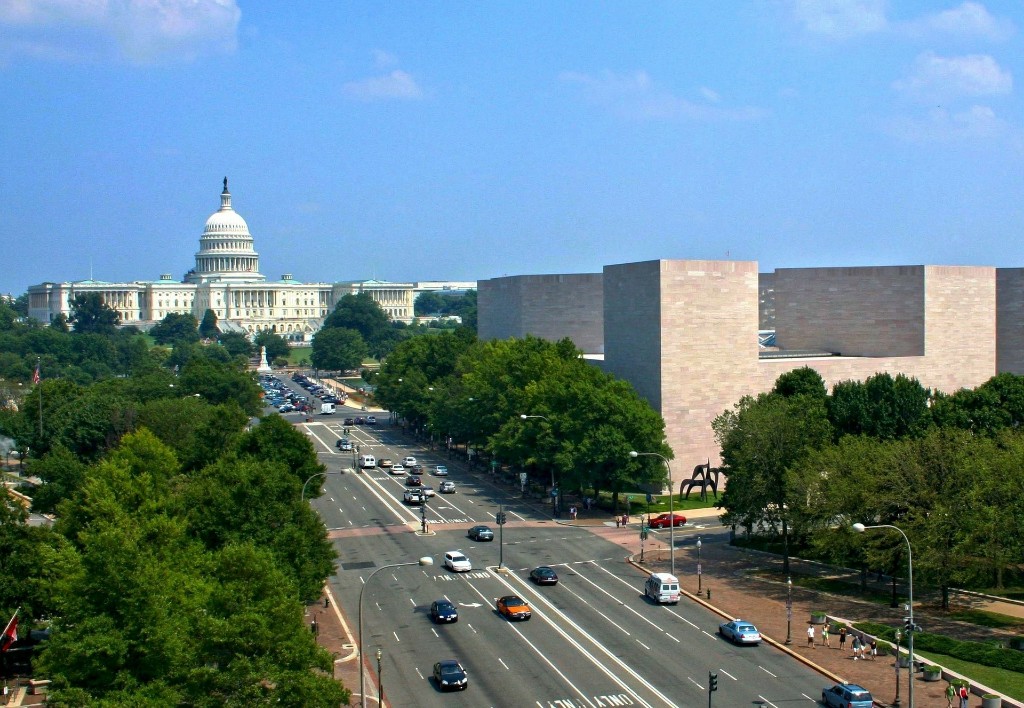The D.C. government has spent over $184 million on tax incentives for encouraging local employment in high-tech companies, but this effort has failed to achieve the desired results, according to a recent report released by D.C.’s Office of Chief Financial Officer.
In effect for the past 17 years, the incentives are given under a D.C. law which is meant to push high-tech companies to hire locally. Under the law, “Qualified High-Tech Companies” (QHTCs) that are engaged in business in the city are offered tax cuts and other benefits by the District. The audit has found shortcomings in the spending as no agency oversees the incentives. Mostly a few big companies get benefits from the QHTC program without creating new jobs.
“Any company that already qualified for the incentives at the time the law was passed was able to take advantage of the incentives, and companies are not required to make new investments in the District to claim most of the benefits that are available,” said Lori Metcalf, a fiscal analyst with the D.C. Office of Revenue Analysis.
The audit also reveals that several large companies that benefited from the incentives were actually not based in the city. Many companies were found to be based in Virginia, but still received incentives in D.C. from 2007 through 2015 and most incentives were given to big companies based in the suburbs, according to the report.
“One explanation for this geographic distribution of QHTC credits could be that some larger firms headquartered in Virginia or Maryland are contracted by federal agencies for technology-related services and their employees are assigned to report to work in the federal agencies located in D.C., allowing the companies to claim QHTC status,” the audit report states.
The report also says that QHTC legislation was written around 20 years ago, “when technology buzzwords included ‘mainframes’ and ‘servers’ and the internet was just becoming a household term.”
“With the ever-present role of technology in nearly all aspects of our lives, it has become difficult to differentiate what is a technology business versus any other industry that incorporates technology in its structure,” the audit report adds.
In response to the findings of the audit, a spokesperson for the D.C. Office of the Deputy Mayor for Planning and Economic Development (DMPED), which manages most of the economic development incentives in the city, said the QHTC incentive program was a “vital tool” for the growth of tech industry in D.C.
An audit finds DC tech incentives produce dubious results: https://t.co/uKAEH1ETPy https://t.co/5NHI14Wukm
— Greater Greater Washington (@ggwash) December 4, 2018
“The Bowser Administration is currently reviewing the OCFO’s findings and recommendations, and look [sic] forward to collaborating on how to ensure the program continues to support job creation and diversifying our economy,” the spokesperson said in a statement.

